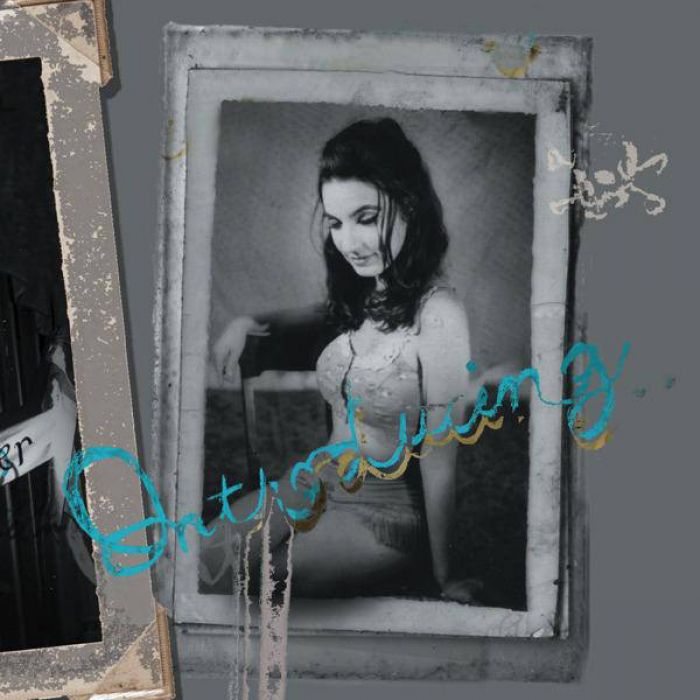Introducing the Denver Gentlemen by The Denver Gentlemen (Review)

As far as movies that conjure up imaginary worlds go, methinks there’s no better example than “The City Of Lost Children.” Everything in this movie, from the characters to the scenery (that of a waterfront city, dark and dank as anything) seems so eerily familiar, and yet too distant from any real time or place. And yet you’re convinced that, if our world were only slightly twisted a little bit, if reality warped a tad this or that way, it really could exist. The same can be said for The Denver Gentlemen. There’s something very tangible and familiar about their music, but just as much about their music that just feels out of place in our world.
Imagine a world that consisted of leaky waterfront bars, smoke-filled cabarets, overly-extravagant burlesque houses… and dark alleyways where all sorts of nefarious deeds transpire. Chances are you could find The Denver Gentlemen standing on one of those fog-enshrouded street corners. A ragtag bunch, they stand with an assortment of patchwork instruments under gas lamps, playing for anyone who will listen. It’s a curious blend of cabaret, swing, polka, ragtime, and more. A lazy person might label it “folk” music. But this is folk music as only gypsies, circus performers, burlesque dancers, and sideshow freaks might write.
Leading the musical procession are the vocals of Jeffrey-Paul. Once a member of Sixteen Horsepower, comparisons with David Eugene Edwards are an easy starting place. But whereas Edwards sings with the conviction and repentance of a sinner in the hands of an angry God, Jeffrey-Paul sounds like a circus barker, inviting you to pull back the curtain and gaze on the darker sides of life. The music swoops and swaggers, as trombones and trumpets blare out drunken melodies. The drums shuffle along, and the guitars sound like they’ve been broken into pieces and taped back together. It’s a wonder that these songs don’t fall apart within the first minute. But it’s this sense of impending collapse that gives the music much of its momentum. The songs struggle to keep their balance, juggling this instrument or that instrument, swaying back and forth trying desperately not to trip over a note.
There’s the circus processional of “The Lord, He Speak To Me.” You’re almost tempted to look up, expecting to see two trapeze artists swing dangerously high above the ground, while Jeffrey-Paul’s ghostly vocals taunt them. “Mid-Day-Merry-Go-Round” starts off with as a ragtime melody before a ghostly piano melody chimes in and tickles your ears. And before you know it, Jeffrey-Paul and friends are belting out a drunken chorus of “What A Friend We Have In Jesus,” like some revival meeting gone horribly awry.
Any religious intensity that the Denver Gentlemen may seem to lack — and I say “seem” only because it’s nearly impossible to decipher just what Jeffrey-Paul is singing — is more than made up by the sheer spectral quality that their music contains. It’s not a dull listen, because one never knows just how a song is going to end up. Even repeated listens are as baffling as the first. These songs just don’t sound like something from this world. Rather, they exist in some alternate world that’s a murky reflection of our own, one that’s sometimes reflected in the artwork of Toulouse-Lautrec, or the decadence of the Moulin-Rouge. Somewhere in the midst of that world, in a candlelit club, Jeffrey-Paul and the rest of the Gentlemen are performing tonight. Your seat’s ready, the absinthe has already been poured, and the show’s just about to start.